Drug Detoxification

By The Recovery Village
Medical Reviewer Benjamin Caleb Williams, RN | Editor Melissa Carmona
Last Updated: March 27, 2023
Editorial Policy | Research Policy
Drug detoxification, often just called detox, is the process of allowing your body to clear all substances from its system. As drug detox occurs, levels of drugs in the bloodstream drop, often triggering withdrawal symptoms. The strong withdrawal symptoms that occur as the body adapts to the absence of drugs can be very unpleasant. In some situations, they can be deadly.
Because of the discomfort and dangers that detox often creates, detox is often safest at a detox or rehab center. This allows for medical monitoring and treatment by professionals during the detox process. This also increases the chances that someone will successfully complete detox, as those who detox at home without help are more likely to end the discomfort by relapsing.
Start Your Recovery Today
If you or a loved one are struggling with Opioid addiction, don’t wait. Our recovery advocates are standing by to guide you through your options.
All calls are 100% confidential
New Jersey’s Drug Scene
Many people in New Jersey use recreational drugs, and tens of thousands of people seek treatment in New Jersey annually. The most recent New Jersey statistics show that heroin is the most commonly abused drug that people seek treatment for, with almost 40,000 people needing help with heroin addiction. Alcohol comes in second, with over 25,000 people using alcohol to the extent of needing to detox. Over 11,000 people went through detox for marijuana treatment, and all other drugs accounted for almost 13,000 people.
Using street drugs like heroin is very dangerous. Not only is it easy to fatally overdose on these drugs, but it’s impossible to trust what is in them or if they’re made safely. This makes them even more dangerous than they normally would be.
While 2020 statistics are not out yet, there have been reports of a national rise in drug use during the COVID-19 lockdowns. This may be from people having more time, increased need to help cope with the difficulties and stresses of the situation, and extra money to spend on drugs from the stimulus money. While the pandemic may have increased drug use, it may make people cautious about getting treatment. The increased rates of drug use may go unaddressed.
Drug Detox: The First Step
Drug detox is a very important step in recovering from addiction but is only the first step on the road to recovery. Detox involves getting through the difficult and potentially dangerous withdrawal symptoms while the drug is eliminated from your bloodstream.
Detox centers are often crucial in this time, as they provide medical support and monitoring during detox. Having medications to treat some of the symptoms of detox can make the process much easier.
Methods of Drug Detox
There are several ways of detoxing from drugs. The least effective and most uncomfortable way to detox is by yourself at home, often called “cold turkey.” This involves stopping your drug use and putting up with withdrawal symptoms as they occur. Some withdrawal symptoms may be dangerous, so those who detox cold turkey should have someone with them at all times and be prepared to visit the ER if dangerous symptoms occur.
Another method of detox that may be used by medical professionals is tapering. This involves taking smaller and smaller amounts of the drug. This makes withdrawal symptoms less intense but can prolong the discomfort of these symptoms. Dangerous symptoms can still occur.
Detoxing at a treatment center may involve some combination of cold turkey or taper detox while being monitored by healthcare professionals. They can treat uncomfortable symptoms as they occur and help prevent dangerous symptoms from occurring. Detox centers also provide ongoing support that can help someone stay clean once they have completed detox.
What Happens When You Detox from Drugs
Addictions develop because chemicals in the brain accommodate to the presence of a drug by changing the way receptors respond. When detox occurs, levels of the drug drop and the brain has to readjust to normal function. This can create symptoms that vary significantly based on the drug that was used.
What to Expect from the Detoxification Process
Detox symptoms typically begin about a day after you stop using most drugs. If you are using a professional detox center, staff will assess your overall health and learn what drugs you have used. They make an individualized treatment plan to help predict which symptoms you are likely to experience and prepare to treat those symptoms. Detox will have different considerations based on each drug.
- Alcohol Detox: Alcohol detox is one of the more dangerous detoxes. It can lead to seizures and potentially death. The medical monitoring that a detox center provides is essential.
- Meth Detox: The symptoms of meth detox are more fatigue and mood-related. A detox center will help you with the overwhelming depression that is often experienced.
- Opioid Detox: Opioid detox is not often dangerous but can be extremely uncomfortable and painful. A detox center will help to alleviate some of these unpleasant symptoms.
- Cocaine & Amphetamine Detox: Stimulants have less severe withdrawal symptoms, which tend to be psychological. Severe depression often occurs, which requires treatment.
- Benzo Detox: Benzodiazepine detox can cause seizures, so a detox center is absolutely necessary to help stop seizures from occurring. Severe anxiety and other unpleasant symptoms that often occur will also be treated.
Medication Used During Detox
Many different medications are used during drug detox. Some prescriptions help alleviate anxiety and depression that occurs during detox. Others will treat physical pain. Some drugs can be used to treat nausea and diarrhea that occurs with some detoxes, primarily during opioid detox. Medication-assisted treatments (MAT) like using methadone, buprenorphine and naltrexone may also begin during some opioid and alcohol detoxes. A detox facility will have professionals that understand which medication is best matched to each symptom or anticipated symptom to make your detox experience as comfortable as possible.
Life After Detox
Once detox is complete, the true addiction treatment can begin. The time spent in detox is mostly focused on getting through withdrawal symptoms, but afterward, the focus shifts to understanding and treating the root causes of addiction. Together with therapists and your medical team, you’ll work to understand why you started using drugs in the first place and how to cope with life’s struggles without them. Treatment will also provide long-term strategies that reduce cravings and habits that could lead to relapse.
New Jersey Drug Detox and Rehabilitation Facilities
Finding a detox program inside a rehab facility helps you to be more comfortable and safe during the detox process. It also empowers you with resources and additional support following your detox. Without proper treatment aimed at the root of your addiction, relapse is more probable after detox. A rehabilitation facility will help you achieve long-term recovery by providing you with the guidance and resources you need to stay sober.
The Recovery Village Cherry Hill at Cooper offers New Jersey residents and the greater Northeast the ability to safely detox safely and then immediately enter further addiction treatment. The center’s addiction treatment programs are personalized to meet each client’s needs and include residential or inpatient rehab, partial care services, outpatient, teletherapy, and aftercare options. The center also specializes in dual diagnosis to treat co-occurring mental health disorders and addiction, supporting the whole person for lifelong recovery.
Drug Detox Facility Safety During COVID-19
At The Recovery Village Cherry Hill at Cooper, the safety of our patients is our top priority. We are closely monitoring all developments associated with the coronavirus (COVID-19) and are taking proactive steps to ensure the health and safety of all patients, employees and the communities we serve, including suspending visitation, increasing screening procedures and requiring face masks.
Though the idea of visiting a medical facility may seem scary during these uncertain times, detoxing on your own is often more dangerous. While the World Health Organization estimates the fatality rate for COVID-19 is between 0.5%-1%, the fatality rate from detoxing alone at home is often much higher. For alcohol, it can be as high as 20% when doing it alone. Having a medical team around-the-clock to support your detox in a secure environment can be an excellent start to your recovery. Contact us today to privately discuss treatment options and answer any questions you may have.
FAQs
How do you detox your body from drugs?
Not using a drug will cause your body to slowly detox from it. Many people, however, need medical treatment for the withdrawal symptoms they experience.
How long does it take to detox from meth?
Meth detox will take different lengths of time for different people depending on many factors but may take about two weeks to complete the detox.
What do they give you in benzo detox?
Benzo detoxes often involve using non-benzo medications to treat the anxiety that results. Benzo detox often also involves a taper to reduce the risk of seizures.
How long does it take to detox from alcohol?
Alcohol detox symptoms may last up to two weeks or more. The actual length will vary based on the individual and how much and how long alcohol has been used.
Does drug rehab work?
The medical community widely sees drug rehab as the safest, most successful way of overcoming drug addiction. Though each person will experience drug rehab differently and relapse is common, drug rehab success rates are still higher than stopping your drug use by yourself.
Questions?
Our Recovery Advocates are ready to answer your questions about addiction treatment and help you start your recovery.
Sources
New Jersey Department of Human Services. “New Jersey Drug and Alcohol Abuse Treatment.” 2019. Accessed October 15, 2020.
World Health Organization. “Estimating mortality from COVID-19.” August 4, 2020. Accessed October 15, 2020.
McKeown, Nathanael. “What is the mortality and morbidity of a[…]withdrawal syndrome?” Medscape. August 15, 2018. Accessed October 15, 2020.
Mancino, Michael, et. al. “Characterizing methamphetamine withdrawa[…]A pilot field study.” American Journal of Drug and Alcohol Abuse, March 2011. Accessed October 15, 2020.
Kattimani, Shivanand; Bharadwaj, Balaji. “Clinical management of alcohol withdrawa[…]A systematic review.” Industrial Psychiatry Journal, July 2013. Accessed October 15, 2020.



